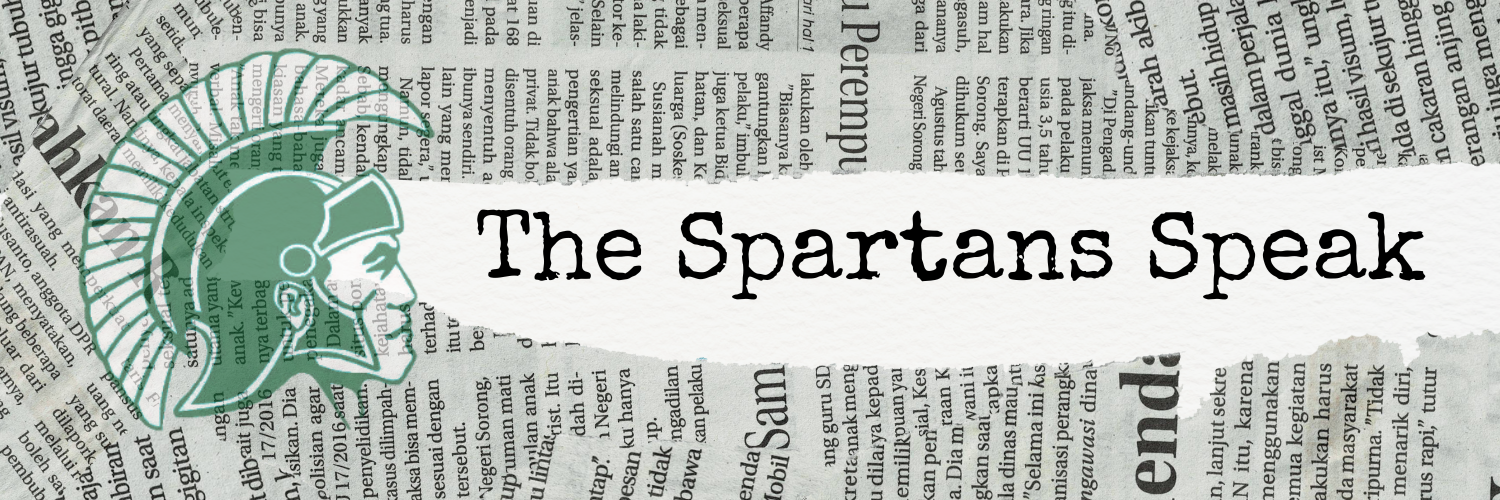It’s the day after Thanksgiving, you’ve indulged in all the turkey and mashed potatoes your body can process, and now you’re outside Best Buy at 3 a.m. in 4-degree weather waiting for a Playstation 5.
Most logical people would argue that this is insane behavior, but for millions of Americans it’s become a ritual known as Black Friday.
The appeal of Black Friday comes down to marketing.
According to the Business Leader, words such as “deal”, “sale”, and “bargain” trigger the brain to recognize savings.
Another Black Friday marketing ploy involves retail stores increasing the price of a product a week or two before Black Friday so when the tag reads that an item is 90 percent off, it is closer to 60 percent.
Many companies put a lot of time into the psychology behind the marketing.
“Companies know that they can get us to buy by making us feel like the time to strike is now,” said Mr. Dietel, who has a degree in philosophy and a background in sociology says. “And if we don’t [strike] then others will get the satisfaction of making a good spending decision and we will be left holding the bag.”
Black Friday also feeds on American consumerism.
Raf Chomsky at Sustainable Review argues that people make impulsive decisions on purchases due to the sales and will end up not using the item. Chomsky also believes that there are ethical concerns with the employees being overloaded.
Mr. Dietel said that Black Friday deals could feed into existential issues for some people.
“The underlying ethos of capitalism always has been that our purpose in life is to be a consumer and value and meaning in life can be obtained through commodities and purchases,” said Mr. Dietel.











